How much CO2 do you save by swapping your bottled shampoo for a bar of soap? Green Week workshop teaches you to calculate the difference
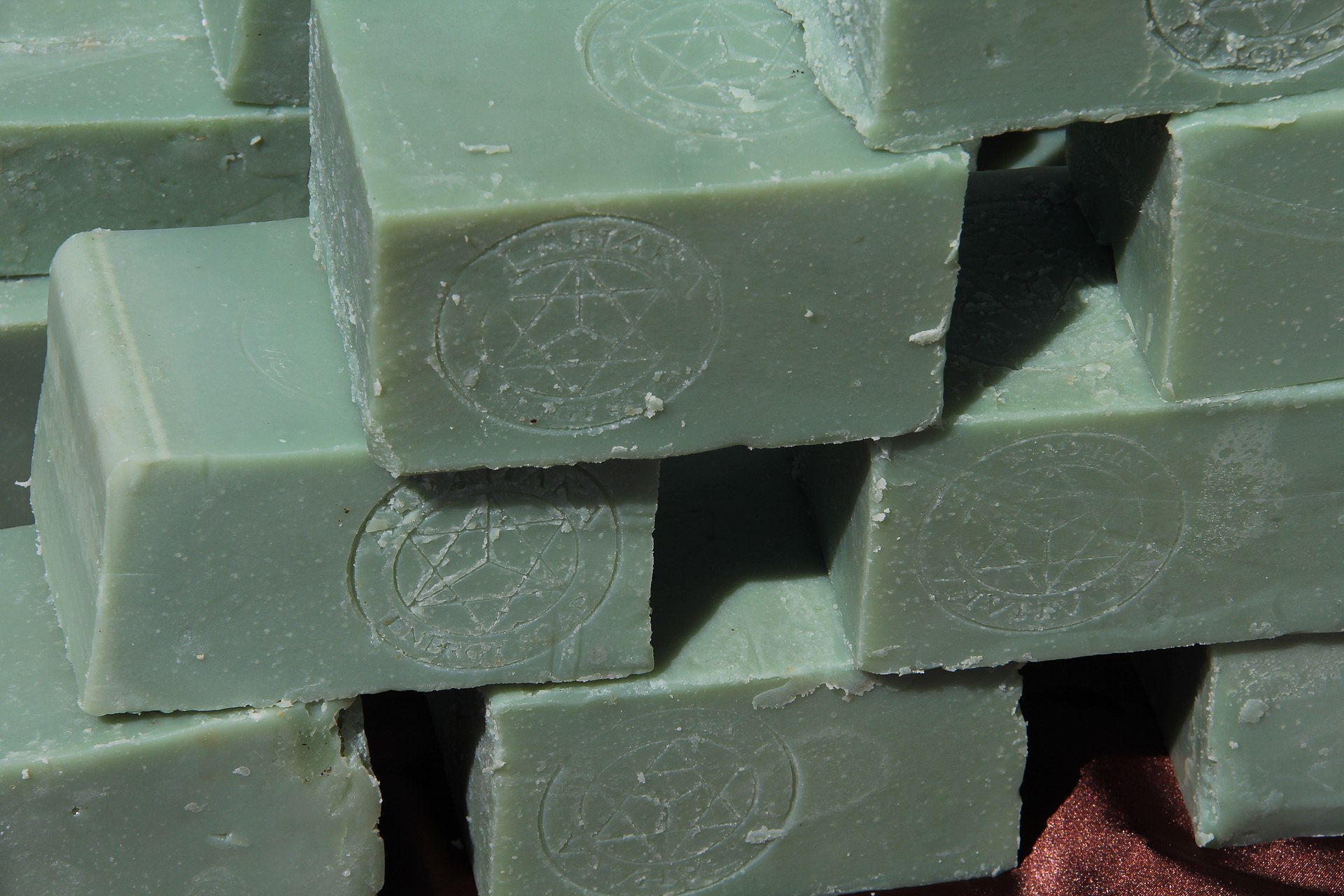
What is the most sustainable choice? Bottle shampoo or a shampoo soap bar? (Photo: WikiCommons)
As part of Green Week in week 11, students can take a two-day workshop on carbon literacy. The workshop teaches carbon basics and how to calculate your CO2 footprint, while challenging participants to make efforts to reduce their CO2 emissions.
On average, every Dane emits about 17 tons of CO2 a year, which is nine tons more than the global average of eight tons. And according to experts, globally, we must aim for an average of two tons per citizen to avoid a global rise in temperature.
But cutting down one’s CO2-emissions is not always easy. Are locally produced greenhouse carrots more climate friendly than their field-grown counterparts from Spain? And what more can you do after cutting meat from your diet?
Participants will be able to answer questions like these after completing the ‘Carbon Literacy Certificate Workshop’ which is being taught by CBS PRME as part of the annual Green Week in week 11, hosted by the student organization oikos Copenhagen and CBS.
“We give participants the knowledge needed to understand what they can do at individual and organizational levels that can potentially have a societal impact. So, for example, calculating the CO2 cost of different products and what effect changing certain practices will have on one’s life,” explains Caroline Aggestam-Pontoppidan, Associate Professor and Academic Director of CBS PRME, about the workshop which has been run three times previously, and continues:
“For example, we had a student who asked what she, as a vegetarian, could do to further reduce her footprint. She decided to calculate what effect buying shampoo bars instead of bottled shampoo would have on her annual footprint. It turned out that the soap bar was a better alternative, especially one that was locally produced.”
The workshop material was originally developed by the Carbon Literacy Project but was introduced to CBS PRME by Dr. Petra Molthan-Hill, Academic Lead of PRME at Nottingham Business School. She held two workshops at CBS in 2019 and trained Caroline Aggestam-Pontoppidan and Project Leader Lavinia-Cristina Iosif-Lazar on how to host the workshop themselves.
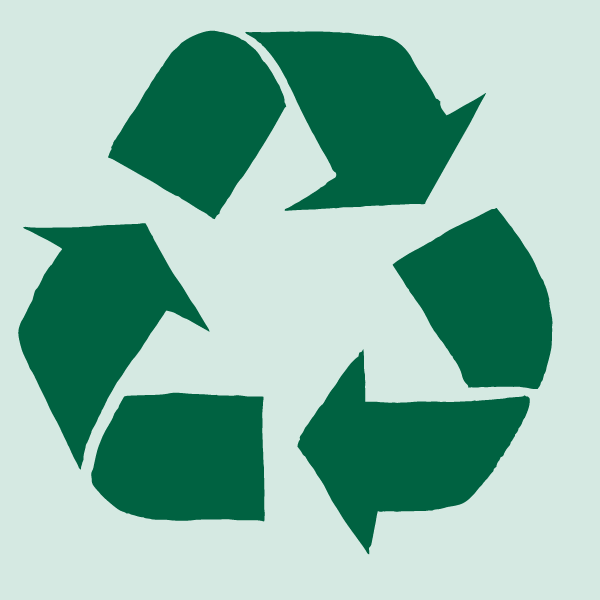
In short, the two-day workshop teaches the basic science behind the climate crisis, the impact of different sectors, like the food sector, solutions with the highest impact, as well as tools, strategies and skills for taking action privately and in current or future roles.
“It gives you a systemic understanding of yourself and climate change, and where you are in that system. If we only ask them to think of climate change on a societal level, it becomes unapproachable. Instead they should leave on a positive note, feeling empowered and that they can do something about it,” says Lavinia-Cristina Iosif-Lazar.
After completing the workshop, everyone receives a Carbon Literacy Certificate, and according to Lavinia-Cristina Iosif-Lazar it is the plan to offer the workshop to staff in future.
Carbon glasses
Not only are the participants taught about the science behind the climate crisis and tools to take action, with their new knowledge, the participants are asked to make commitments and calculate their effect.
“Perhaps you are an exchange student from Germany who would normally visit your family two or three times a year by plane, but you decide that for one year, you’ll only go by bus or train. Then you calculate the amount of CO2 saved. You can do the same exercise at organizational level, committing to how you can change a group’s behavior,” explains Caroline Aggestam-Pontoppidan.
Lavinia-Cristina Iosif-Lazar explains that the participants also have to do group work, and it is usually interesting, as the participants have different academic backgrounds.
“We usually perform a scenario game, asking the participants to envision the future if we do a lot or nothing at all. It’s very interesting to see what visions they have – some are similar, but some are completely different, which often depends on their backgrounds and the source of their knowledge,” she says.
An exercise Lavinia-Cristina Iosif-Lazar is particularly excited about involves carbon estimates.
“Making the carbon estimates is a really fun exercise, as it creates lots of Wows and Reallys. Is buying locally produced carrots, although they are from a greenhouse, better than importing them? That depends on the season, you’ll see. I had the same experience when I attended the course, as a lot of new information made me look at things differently,” she says.
“Yes, I think it will work as an extra pair of glasses for viewing the world and one’s actions. A pair of carbon glasses,” Caroline Aggestam-Pontoppidan adds.
Overall, Lavinia-Cristina Iosif-Lazar and Caroline Aggestam-Pontoppidan hope the participants will be able to use the knowledge and implement it in their lifestyles.
“If, after the workshop, participants can translate the knowledge into understanding that it matters if you choose to drink a locally produced draught beer that costs 300g CO2 over an imported bottled beer that has travelled across the world, which would cost 900g of CO2,” says Lavinia-Cristina Iosif-Lazar.



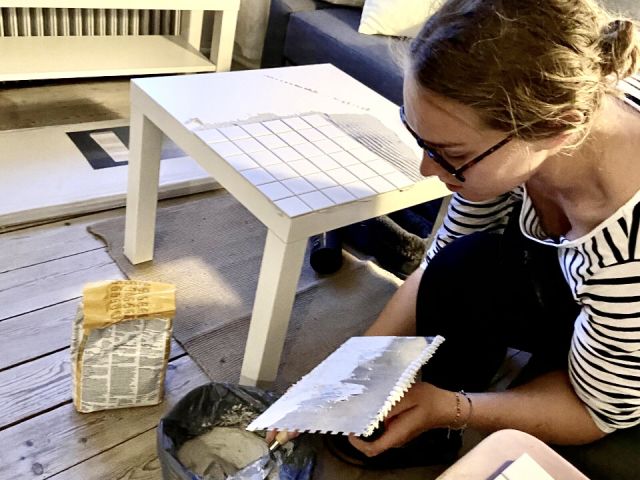
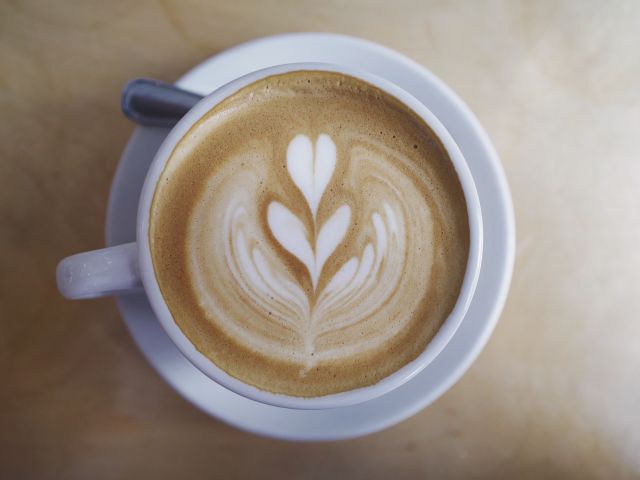
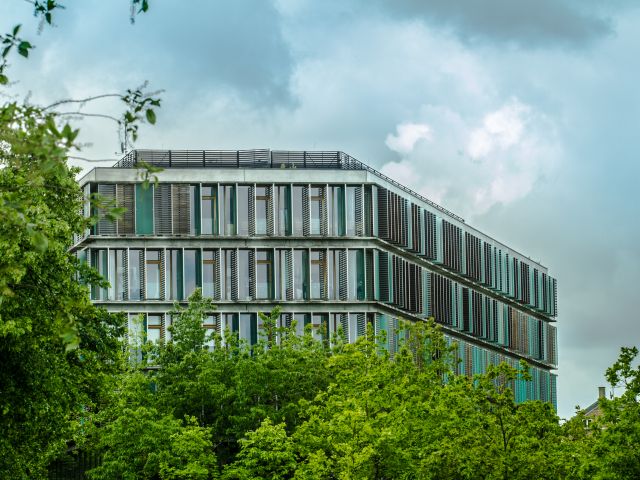
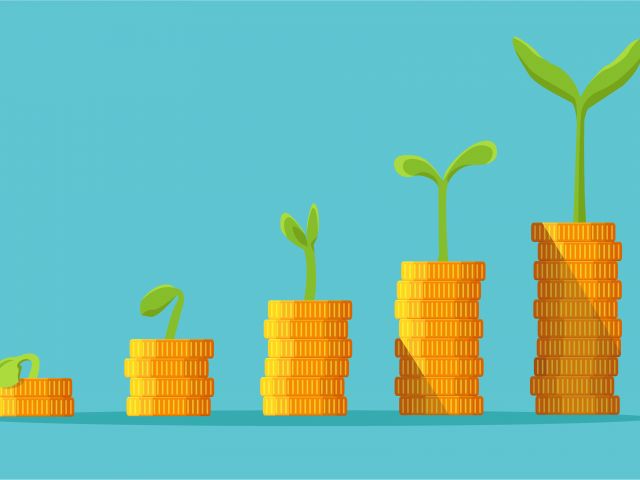
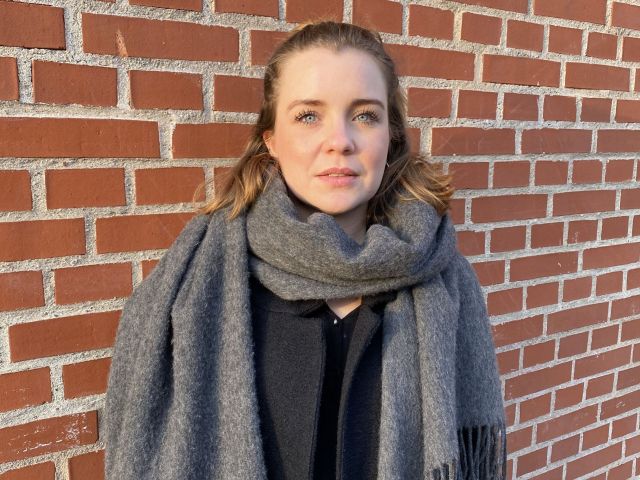
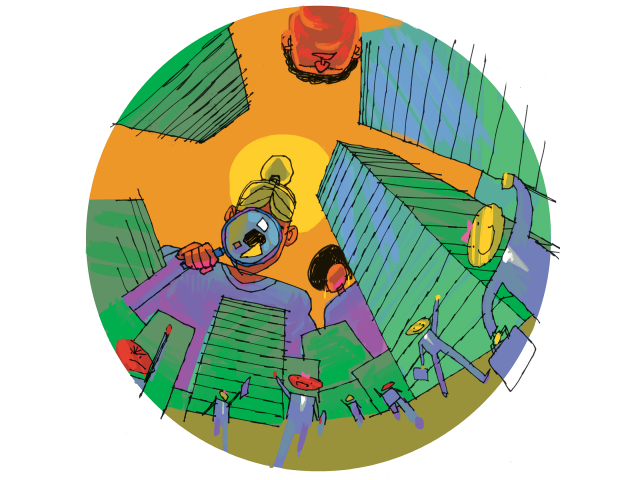




























































































































Comments